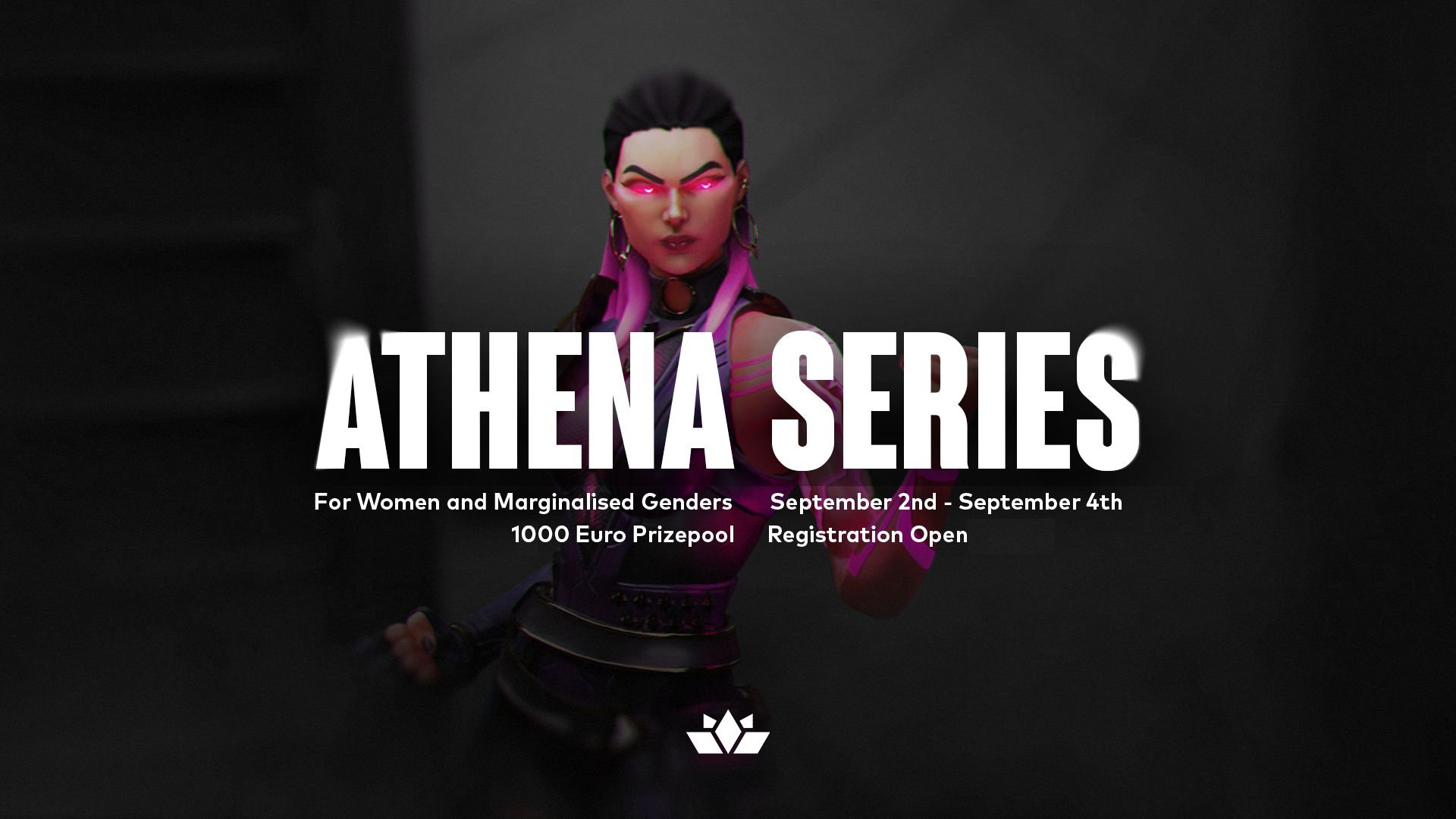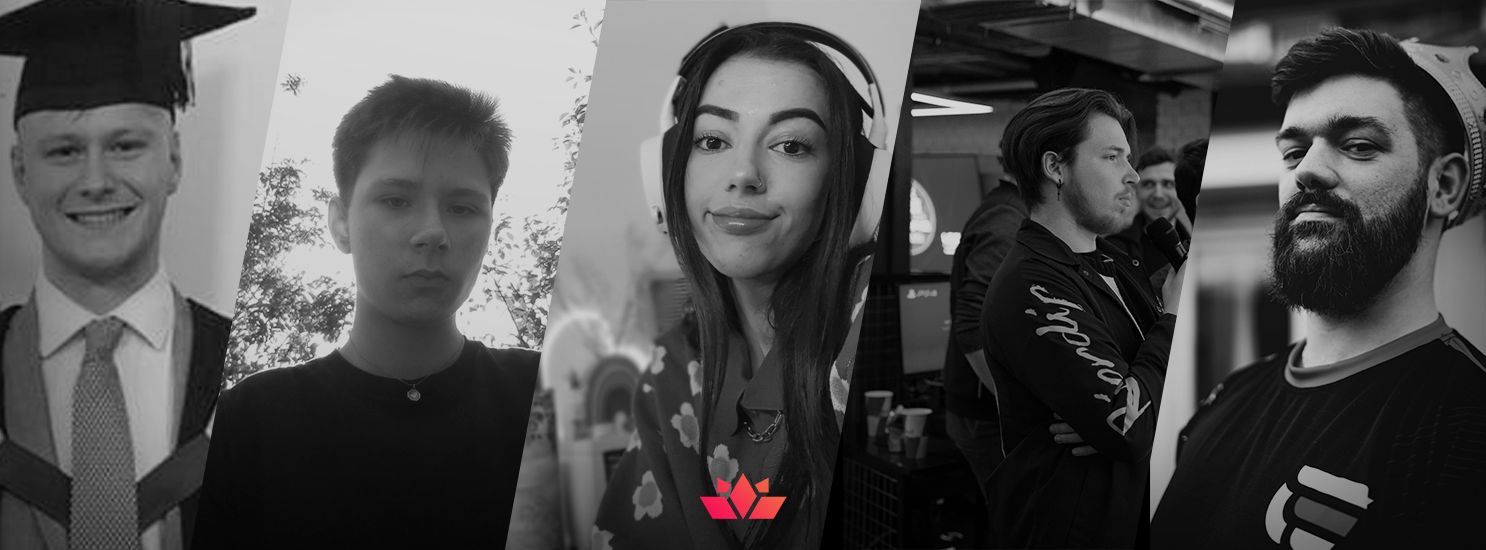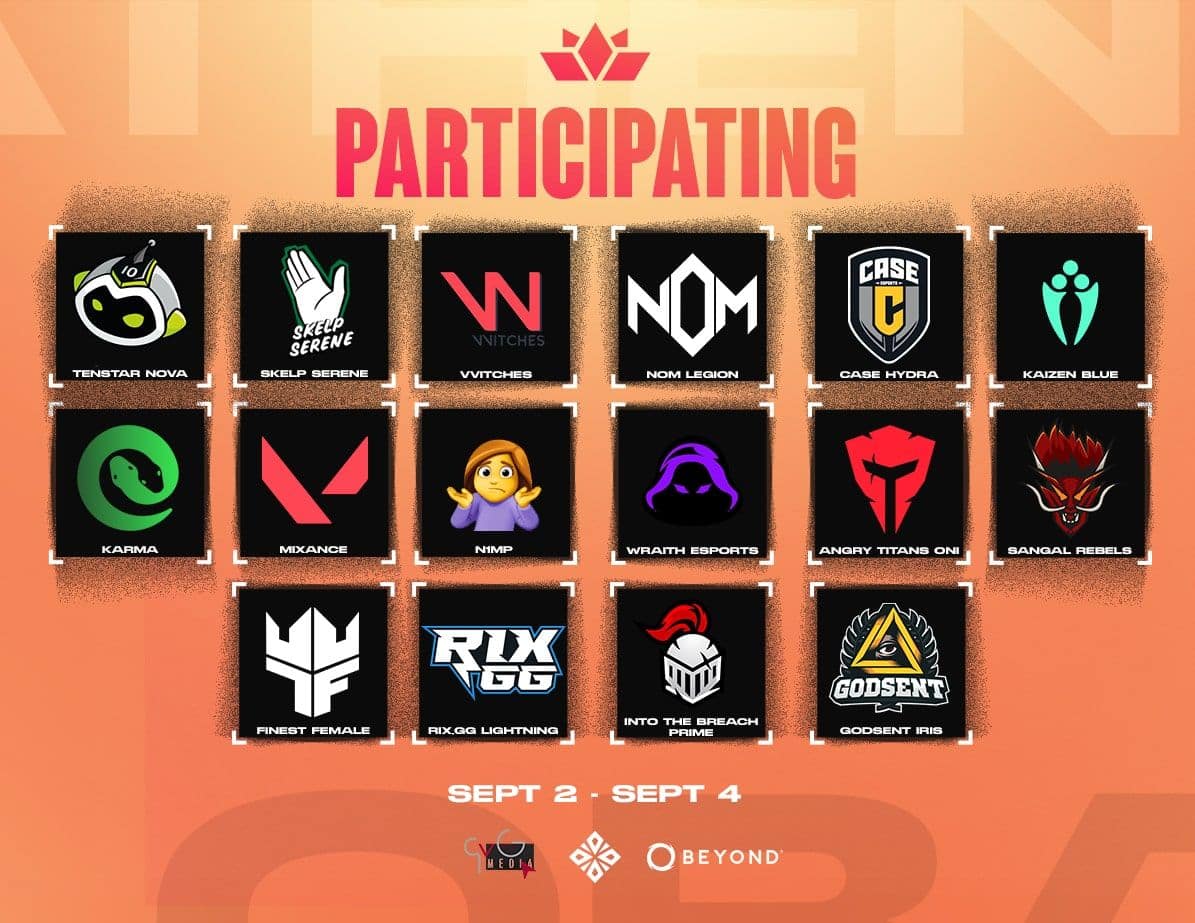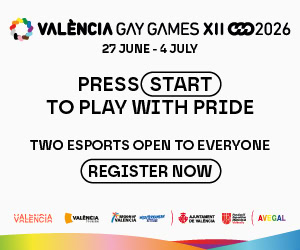
ATHENA Series is looking to create space for women and marginalized genders in esports
The Contenders Legion: Valorant is a young tournament organizer, even by the relatively short standards of the esports world. Founded in March of 2022, CL emerged in Northern Europe in an attempt to foster and develop youth talent in Valorant. Though the organization was always dedicated to supporting the women and marginalized gender scene in esports, they realized more needed to be done after their first men’s tournament, the VCL Major.
“After our very first event, the VCL Major, we saw the massive positive impact on the T2/T3 scene that we had created,” VCL told Gayming Magazine. “We really saw that whilst the EU FE/MG scene was developing, there was still a lack of high profile events that would allow teams even more chance to showcase their skills and build up valuable experience in a tournament environment. We really knew that it was time to really contribute to an underserved market in the region.”
The result was the ATHENA Series, a tournament for the Europe, Middle East, and Africa region’s amateur women and marginalized gender Valorant teams. It’s not the only one of its kind in EMEA; others include the Birds of Prey and MEDUSA Series tournaments, which also feature several queer and trans women in the participants. The focus of each of these events is to give women and marginalized gender folks a chance to show off their skills in Valorant.
“In the same vein of MEDUSA, we are highly focused on the broadcast production for the event, we want to showcase as many teams as possible,” VCL said.
Where ATHENA Series stands out amongst grassroots tournaments, though, is in how it handles nonbinary/marginalized gender competitors. Vetting players for these kinds of tournaments can get tricky pretty quickly. How do you determine who qualifies as a marginalized gender person in an online environment without forcing people to out themselves or provide “proof”? To avoid the complications that can come from this verification process, many tournament organizers in EMEA and beyond simply avoid it. But VCL and the ATHENA Series want to forge a new path forward on this front.
“Most tournaments in the region don’t allow NB/MG players to play in tournaments traditionally marketed towards a female audience,” VCL said. “This is through no fault of their own, as verification of such players is a daunting task, the scope to get it wrong is too big. We want to prove that it is possible to get it right the first time for those players who haven’t had chances to compete yet due to these restrictions.”

This is the process VCL employs to take on verification:
“For all players, we do basic ID checks to verify they are who they say they are. In the case where their ID might not match the name they use, we will either ask for documentation that states they have changed their name. If they are unable to provide that we ask some context based questions to assist the verification process.”
VCL declined to share the details of the verification questions they use in this process. The organization employs the same verification system for nonbinary players as well.
How this verification process will work out in the long run remains to be seen, but it’s clear that the VCL and organizers behind the ATHENA Series are passionate about creating a space for women and marginalized gender folks to participate in esports.
Marketing Director Jade Cavanagh noted preliminary research that indicated about 72% of the fanbase for esports is cis men, something which skews the ratio of visible esports participants towards cis men. The ATHENA Series is looking to carve out more space for folks of other genders. “Hosting a female and marginalized genders tournament is very important for us at Contenders Legion,” said Cavanagh. “This is due to F&MG tournaments offering huge benefit for the esports industry as we aim to make esports a more welcoming and inclusive space, creating opportunities and offer resources for women esports talent/players to gain opportunities and recognition in the space and instill role models to the younger generation. We want to change the visible ratio and highlight that F&MG players deserve this recognition and appreciation in the professional player scene.”
Valorant, in particular, has fostered a lot of more leagues and events for women/marginalized gender folks than other esports. Beyond Riot’s official women/marginalized gender leagues, VCT Game Changers, there are independent tournaments taking place around the globe with the goal of making Valorant more accessible to everyone.

“I think that Riot themselves have played a huge part in creating a strong and fun environment for women and marginalized genders, not only do they have their own organized tournament (VCT Game Changers) but they also help to support other tournaments to give us more opportunities,” said Joanne, captain of EMEA Game Changers team KARMA. “Also the community itself helps give Valorant a good scene for fe/mg as there are so many people that want to help create tournaments like Athena, Huntress Trials, etc. The fe/mg community is very friendly and welcoming too which makes it a strong scene in my opinion.”
When it comes to others out there who want to organize Valorant tournaments, VCL encourages folks to do their best and give it a shot. Tournament organizing can be an intimidating prospect, but it’s not something people should be too afraid to take on.
“Do it right, but don’t be afraid of mistakes. Make sure you get the right people, you apply for whatever permission you need and you always are open and honest with players, fans and staff,” VCL said. “The biggest shot you’ll miss is the one you don’t take. Mistakes will help you learn and help you understand what you need for the second time around. Most importantly, understand and learn the scene you are setting up in, speak to players, fans and friends to find out what they want to see, it will all fall into place from there.”
Meanwhile, for the ATHENA Series, the organizers are looking to give the EMEA region more LAN events in the future and to create the best competitive experience for players and the best viewing experience for fans. Beyond that, the organizers are aiming to prove that “it is possible for NB/MG players to be verified to play in these sorts of events, without controversy or backlash.”
“It would be great to not only host a Valorant LAN, but a tournament within that specifically for Female, NB and MG players,” VCL said.
While the world is becoming increasingly hostile to marginalized folks yet again, there are still organizations out there trying to do the work to create spaces for us regardless. VCL and ATHENA Series are part of this effort, and no matter how far they manage to go, they and other grassroots organizaers are what’s keeping esports scenes alive and diverse for everyone.





